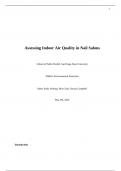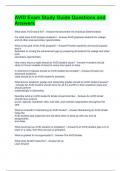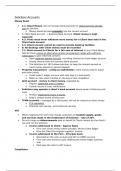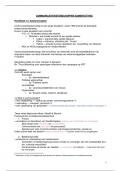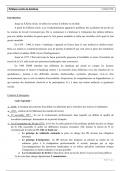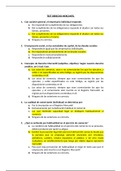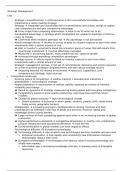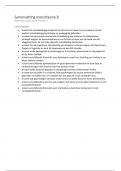Does race exist?
Race is socially constructed.
“There is no such thing as the black ‘race’. Blackness, whiteness and colouredness
exist, but they are cultural, historical and political identities.” – Erasmus
The fact that race does not exist scientifically does not mean that black pain is not
real, and that white privilege is not real.
What systems are in place that ensure white privilege?
Racial interpellation shows how race is constructed through discursive practices.
Fragmentation:
Frantz Fanon
“With white social and cultural norms imposed at every turn, the black colonized
subject must wear a white mask—a mask whose foreignness and forced application
produces in the colonized subject a deep sense of alienation and homelessness.”
Being forced to assimilate to “whiteness” results in the self-fragmentation of a
subject, he is not whole.
Double consciousness:
W. E. B. du Bois
“It is a peculiar sensation, this double consciousness, this sense of always looking at
oneself through the eyes of others, of measuring one’s soul by the tape of a world that
looks on in amused contempt and pity.”
du Bois allows us to consider the ways in which hegemonic discourses interpolate
black subjects and frustrate their attempts to represent themselves on their own terms.
Fanon makes use of double consciousness in Black Skins, White Masks.
Accent as a marker of competence:
“My lecturer speaks with an accent, and I don’t know what he’s saying half the time.
It’s a real problem.”
“You speak so well.”
Are “black accents” and multilingualism read as incompetence?
How is competence measured, and on whose terms?
With English representing a hegemonic ideal in society, there are often distinctions
and assumptions made with regard to standard and non-standard dialects of English.
Some definitions:
eurocentrism – places European values in a privileged, central position, and sees the
world from a European perspective
multiculturalism – celebrates unity in diversity by bringing together a range of
cultural groups within a larger identity or community without privileging one culture
over another
orientalism – the way Europe has perceived, understood, and attempted to control
cultures beyond the oriental line


